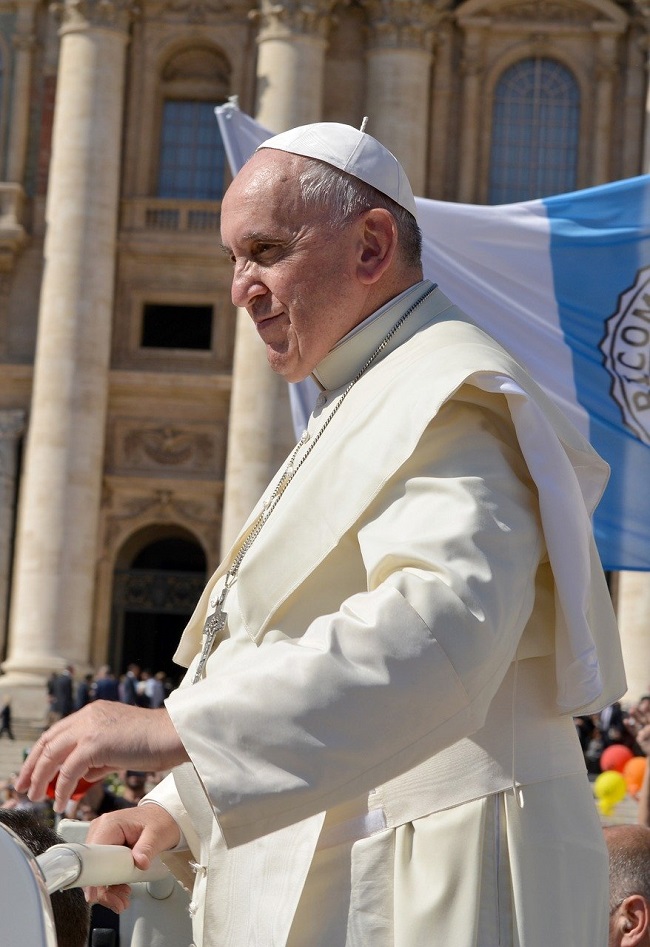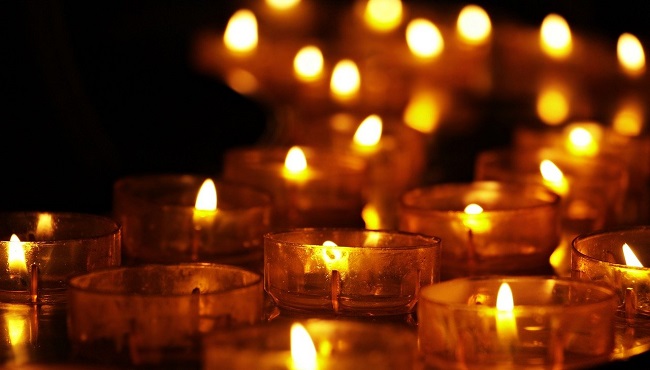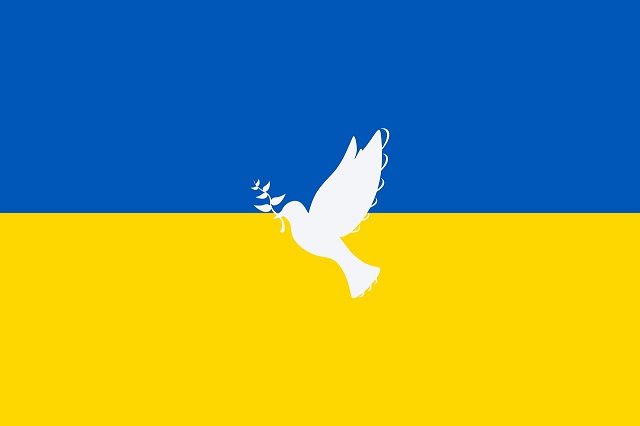This year, as Roman Catholics observe the holy traditions of the Quaresima (Lenten season) with prayer, reflection, and almsgiving; our faith is being tested like never before. Our eyes and ears bear witness to the ongoing atrocities of war being waged against a peace-loving nation at the hands of the power-hungry Machiavellian dictator next door. Pope Francis has called for peace, the laying down of arms, and for our Lenten sacrifices to be offered up in solidarity with the Ukrainian people. His Holiness also reminded us in this year’s message of the Quaresima, that we must never tire of doing good deeds for others, as in Saint Paul’s exhortation to the Galatians: “Let us not grow tired of doing good, for in due time we shall reap our harvest if we do not give up. So then, while we have the opportunity, let us do good to all” (Gal 6:9-10).
Doing good to all—including ourselves—must be a priority now more than ever, as we try to process the war-ravaged images of brutality and bloodshed while at the same time feeling powerless to change the situation.
No surprise Italy is responding by opening her doors to approximately one million Ukrainian refugees; mostly women, children, and the elderly—who need food, shelter, and clothing. These are people who have lost their country, the calming routines of their daily lives, their jobs and careers, the familiarity of their homes, and their neighborhoods. Many women are separated from their sons and husbands who have stayed back to defend their motherland. 
Emergency shelters were immediately put into place in Italy. Italian families are opening up their homes to refugees. Local authorities are asking owners of Airbnbs to offer those lodging spaces to the Ukrainians who have had to flee. Italians are also preparing places to sleep in buildings that once served as temporary COVID hospitals during the height of the pandemic. Signs of solidarity have popped up everywhere. Anti-war demonstrations line the Italian peninsula from top to bottom, while various cities display signs of support for Ukraine in other ways. The Republic of San Marino, for example, displays a large flower-filled heart in the main piazza, with the hashtag #lovenotwar. In Bari, the mayor has laid blue and yellow flowers—the colors of the Ukrainian flag–beneath the statue of St Nicholas, which, ironically, had been donated to them and inscribed with words of friendship by Russian president Putin himself in earlier times.
Ultimately, we ask ourselves: What is the sense of all this unprovoked violence? We teeter on the brink of rage and a sense of helplessness. Research shows that constant exposure to mass trauma in the news, as is what happened during the height of the COVID pandemic, can also lead to post-traumatic stress disorder (PTSD).
But just as Lent was not intended to be an endless journey of austerity and suffering without the promise of redemption and a second chance for humanity, we must never give up hope for the return of a peaceful existence for the brave Ukrainian people and their courageous president. Furthermore, we should never forget that good human beings across the globe are far more numerous than the evil destructive few.
Keeping faith strong–as this season of Lent instructs us to do–is a powerful antidote to feelings of hopelessness and desolation. But there are also a few additional ways to counteract what researcher Martin E.P. Seligman calls “learned helplessness”; a theory he discovered in the 1960s. Learned helplessness occurs when we feel that there is nothing we do when faced with a negative situation. As a result, we give up trying to take any action at all and often fall into the inertia of depression, which puts our own mental and physical health at risk.
While we may be powerless to directly stop the savagery taking place abroad, there are ways we can take better control of our perspective. One tool is to take action; wherever positive and appropriate actions are available for us to take.
For instance, we can make donations to help the people of Ukraine, or volunteer at a local Ukrainian organization or place of worship. Performing what psychologists call “prosocial behaviors” has the additional benefit of leading to our own personal growth, better health, and increased happiness. Make sure, however, that you are donating to a reputable organization that can really get your donations to the people who need them. Do your homework to avoid scammers. Check out the links provided on the major news networks (such as CNN.com/impact) or contact a local Ukrainian American association. Many need physical help with packing first aid kits, toiletries and emergency supplies, and nonperishable food goods. They also need monetary donations to pay for the shipping costs of these care packages.
If you have the room, you consider opening your home to refugees, or alternatively, helping with the setting up of facilities that are offering lodgings; like churches and public shelters. If you or someone you know has an Airbnb, you might help them repurpose that space into temporary lodging for a refugee family.
Another positive action you might consider is going to your own place of worship to pray for peace and an end to war. Light a candle. Go to services and be recharged by an inspiring sermon. Prayer is still a powerful energy.
Finally, you must practice extreme self-care during times of stress. The Pope urged that Catholics break their addiction to technology and digital media during Lent. That’s not such a bad idea. While we want to keep informed, it is also important to balance exposure to alarming news, by changing the TV channel to something lighter, like a sitcom, or getting engrossed in a good novel.
Research shows that gratitude promotes wellbeing. Make a daily gratitude list to remind yourself of all that is joyful, and positive in your life each day. Acknowledge and celebrate the blessings you were given.
Gather more frequently with friends for solidarity and a sense of unity. It will lift your mood to share a meal and have a few laughs with like-minded people.
Make it a priority to adhere to the fundamental principles of good health: Get plenty of physical activity. Focus on a nutritious diet. Develop nighttime habits that encourage adequate sleep. Reduce stress with meditation, breathing techniques, yoga, or engaging in creative projects that bring you fulfillment.
It is important to remember that if your distress is overpowering your quality of life and you can’t seem to enjoy the things that used to bring you happiness, professional help is readily available both in person and online. The Psychology Today directory can be a helpful resource in finding just the right therapist for you (https://www.psychologytoday.com/us/therapists).
For Further reading:
Martin E.P. Seligman (2007) What You Can Change and What You Can’t: The Complete Guide to Successful Self-Improvement Vintage; Reprint edition (January 9, 2007)
https://www.explore-italian-culture.com/lent-fasting.html
https://orderisda.org/culture/la-nostra-voce/the-meaning-of-giving-up-for-lent/
https://www.travelangel.me/home/2019/3/5/lent-in-rome
http://www.catholicdigest.com/faith/lent/understanding-lenten-sacrifices/
https://www.italiansrus.com/articles/ourpaesani/lent.htm
https://www.thelocal.it/20220304/how-is-italy-responding-to-the-ukraine-refugee-crisis/
https://www.italymagazine.com/featured-story/war-ukraine-italy-takes-stand





